Webinar recording | Reducing exposure to toxic plasticisers in PVC medical devices
On 15 May 2023, HCWH Europe organised a webinar focused on polyvinyl chloride (PVC) in medical devices. The session featured presentations from experts highlighting the risks of using PVC medical devices and discussing the importance of phasing out PVC to reduce exposure to harmful chemicals throughout the entire PVC lifecycle.
Harmful chemicals can be found in a wide range of plastic-based healthcare products. Additives, such as plasticisers, flame retardants, antioxidants, and heat stabilisers, are used to improve the functionality and properties of plastic polymers, but many of these substances are harmful to patients, users, and the workers who manufacture them. The use of plasticisers, added to plastics to make them softer and more pliable, is a large-scale issue: globally, 8.4 million tonnes of plasticisers are produced annually, with almost 90% used to manufacture flexible polyvinyl chloride (PVC) products.
Plasticised PVC products are commonly used in medical devices and equipment such as tubing and medical gloves. Patients can be exposed to unsafe levels of harmful plasticisers, particularly vulnerable patients such as newborns and children, who are exposed during critical periods of development.
Concerns about harmful plasticiser exposure started with di-(2-ethylhexyl) phthalate (DEHP), known to be toxic due to its endocrine properties. Alternative plasticisers have since been introduced to replace DEHP, but they have yet to be extensively studied. Recent evidence-based studies reveal the risk of exposure and highlight the toxicological profile of alternative plasticisers as regrettable substitutions. Importantly, alternative plasticisers do not address harmful emissions of toxic chemicals during the production and disposal of PVC products, which further contributes to environmental and health hazards.
This webinar highlights the importance of phasing out PVC as the best course of action to reduce exposure to harmful chemicals in terms of plasticisers during product use and throughout the entire PVC lifecycle, from production to disposal. Themes from HCWH Europe's recent report on PVC, Towards PVC-free healthcare: Reducing environmental impact and exposure to harmful chemicals, are also discussed
In this webinar we:
- Discuss our latest report: Towards PVC-free healthcare: Reducing environmental impact and exposure to harmful chemicals
- Present new research studies on the exposure of plasticisers in healthcare units, specifically in the Neonatal Intensive Care Unit (NICU).
- Encourage and support healthcare providers to reduce their reliance on PVC products.
Speakers
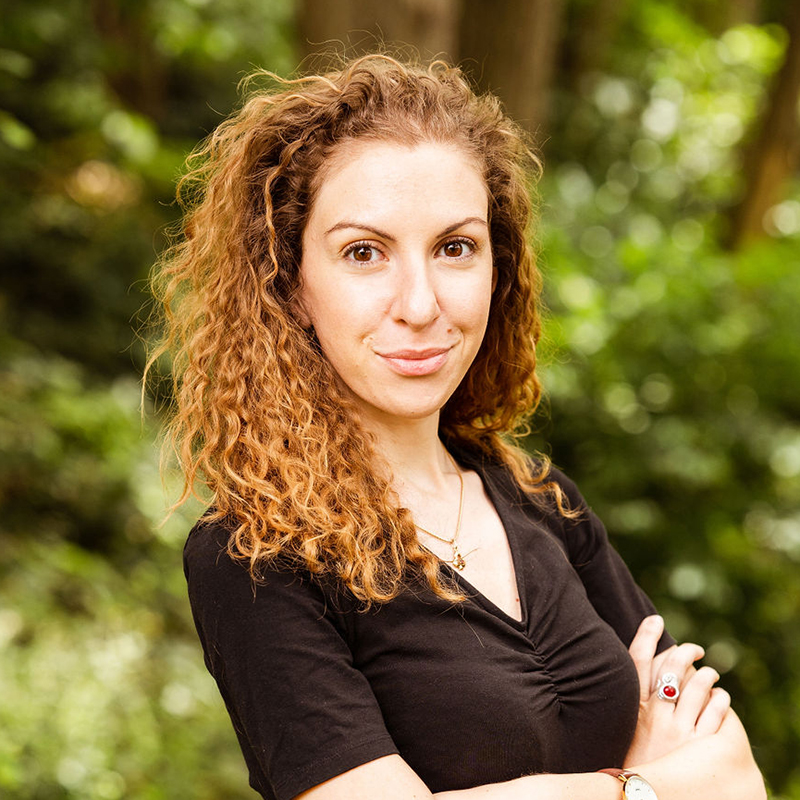 Katia Pacella, Circular Healthcare Projects Officer - Health Care Without Harm Europe [Moderator]
Katia Pacella, Circular Healthcare Projects Officer - Health Care Without Harm Europe [Moderator]
Katia holds an MSc in Planning and Management of Agro-territorial, Forest and Landscape Ecosystems, focusing on chemical pollution and Environmental Management from the University of Bologna. She has extensive technical knowledge of chemical pollution and working experience in soil, water, and groundwater remediation.
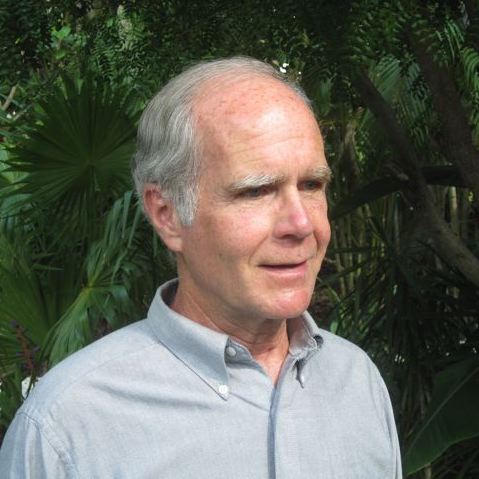 Ted Schettler, MD MPH, Science Director - Science and Environmental Health Network
Ted Schettler, MD MPH, Science Director - Science and Environmental Health Network
Ted holds a medical degree from Case Western Reserve University and a master’s degree in public health from Harvard University. A scientific advisor to HCWH US & Canada, he is co-author of “Generations at Risk: Reproductive Health and the Environment”, “In Harm's Way: Toxic Threats to Child Development”, and “Environmental Threats to Health Aging”. He is also the author of “The Ecology of Breast Cancer”. Ted has published articles on related topics in peer-reviewed journals and served on advisory committees of the US EPA and the National Academy of Sciences.
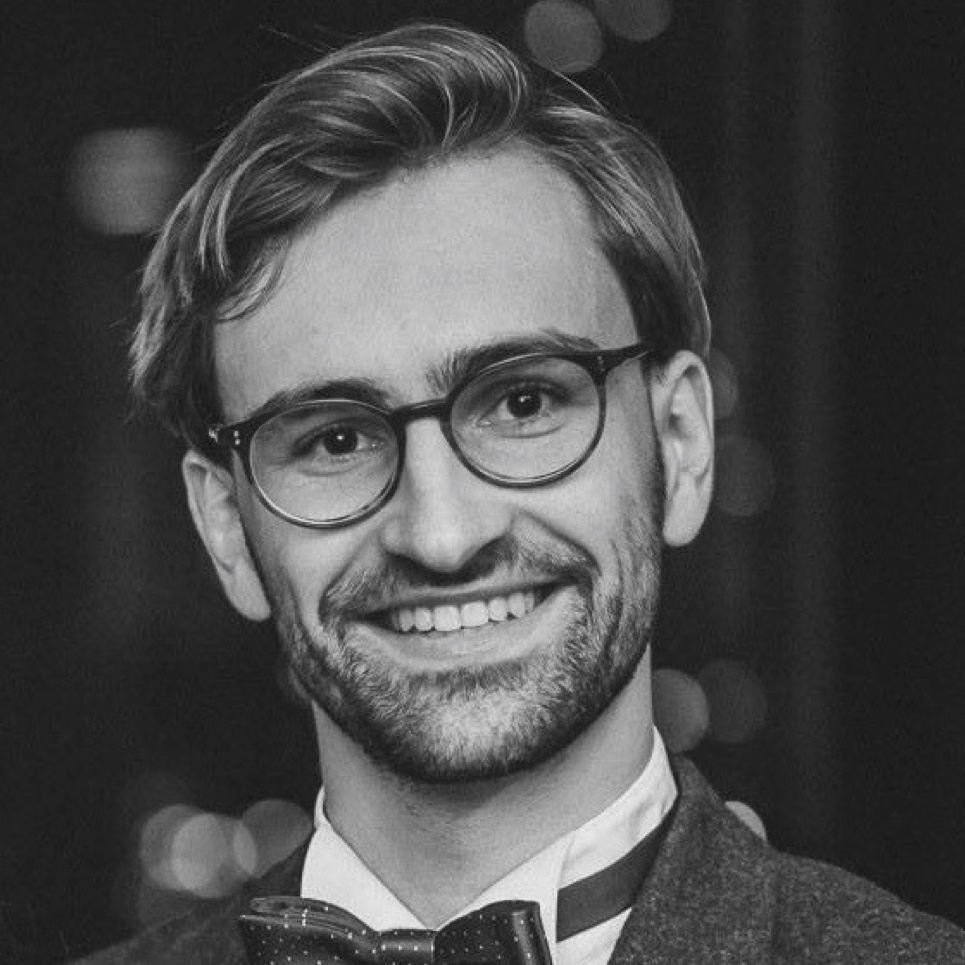 Lucas Panneel, Medical Doctor, PhD Student - University of Antwerp
Lucas Panneel, Medical Doctor, PhD Student - University of Antwerp
Lucas is a medical doctor and paediatrics resident at Antwerp University Hospital, Belgium. He is pursuing a PhD on exposure to plasticisers in the neonatal intensive care unit at the University of Antwerp with a grant from the Research Foundation Flanders (FWO). As a trainee physician, Lucas is in a critical position to connect expertise in clinical research, human toxicology, and analytical chemistry.
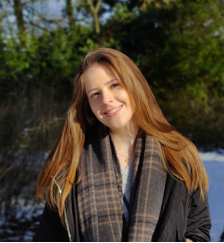
Paulien Cleys, Doctoral Student - Toxicological Centre, University of Antwerp
Paulien research involves the analytical, environmental and toxicological aspects regarding human exposure to phthalates and alternative plasticisers in the neonatal intensive care unit. This is done by combining human biomonitoring via urine and hair samples, together with ex vivo analysis of plastic medical devices used in the neonatal intensive care unit.
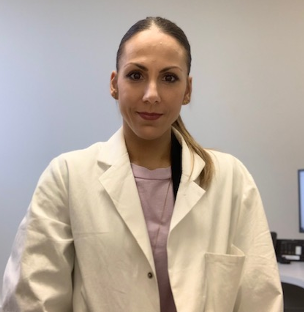 Lise Bernard, Pharmacist, Professor Assistant - Clermont-Ferrand University Hospital
Lise Bernard, Pharmacist, Professor Assistant - Clermont-Ferrand University Hospital
Lise is a pharmacist at Clermont-Ferrand University Hospital and a professor assistant. Her research is a translational research focused on medical devices to reduce the risks associated with their interactions with contact environments (drugs, nutrition, biological fluids, medical gases), particularly the risk induced by the leaching out of plasticizers from PVC medical devices. They have developed ex-vivo models and conducted biomonitoring studies to assess patients’ exposure to these plasticizers. Her research is currently focusing on the specific risk of newborns and the hazard associated with their exposure to plasticizers (and their combination) having endocrine-disrupting properties.
